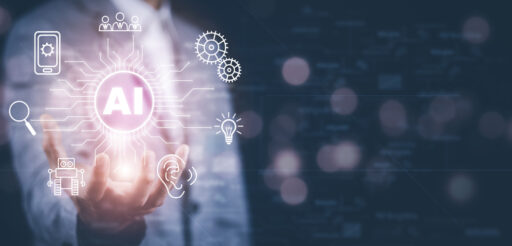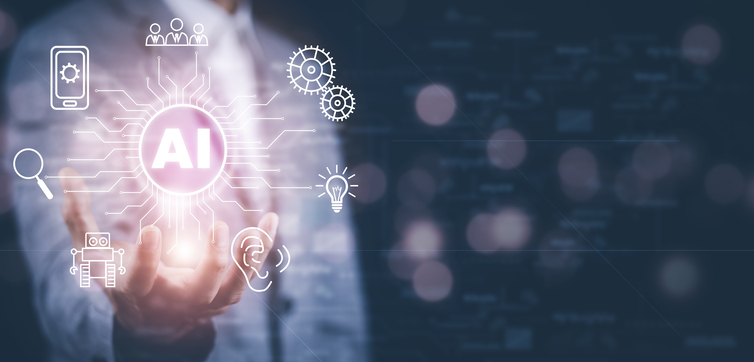The field of artificial intelligence (AI) has made great strides and has bright futures in a number of industries, including healthcare, banking, transportation, customer service, and education. The following are some important facets of AI development and its future:
Machine Learning (ML) Advancements:
Because ML algorithms have advanced, AI systems can now analyze large volumes of data and recognize intricate patterns without the need for explicit programming. Particularly in areas like speech recognition, natural language processing (NLP), and picture recognition, deep learning—a subset of machine learning—has fueled progress.
NLP and Conversational AI:
Thanks to advancements in NLP, AI systems can now comprehend and produce text that resembles that of a person. Natural conversations between humans and machines are now possible thanks to conversational AI, which includes chatbots and virtual assistants. Virtual tutoring, language translation, and customer service are among the fields where these developments have applicability.
Computer Vision:
Computer vision systems with AI capabilities can examine and decipher visual data from pictures and movies. Applications for this technology include augmented reality, driverless cars, object identification, facial recognition, and medical image analysis.
Autonomous Systems:
Autonomous systems, such as self-driving cars, drones, and robots, are being developed thanks to AI. These autonomous navigation, perception, and decision-making systems use artificial intelligence (AI) algorithms. They find usage in manufacturing, transportation, logistics, and agriculture.
AI Ethics and Responsible AI:
People are becoming increasingly conscious of the ethical ramifications and societal effects of AI systems as these technologies become more commonplace. Work is being done to provide frameworks and principles for the ethical development and application of AI, taking privacy, accountability, transparency, and fairness into account.
AI Governance and Regulation:
As AI technologies advance, there is a growing need for governance frameworks and regulations to address ethical concerns, data privacy issues, algorithmic bias, and accountability. Governments and organizations are developing policies and regulations to ensure the responsible development, deployment, and use of AI systems.
Interdisciplinary Applications:
AI is being used more and more in conjunction with other cutting-edge technologies like 5G, blockchain, and IoT (Internet of Things) to produce creative solutions for a range of industries. AI used in interdisciplinary applications has the potential to spur more development and tackle difficult problems in fields like cybersecurity, smart cities, and environmental sustainability.
Conclusion:
All things considered, AI development has enormous potential to keep fostering innovation, revolutionizing markets, and tackling social issues. To guarantee AI’s responsible and advantageous integration into a variety of sectors, it is imperative that approach its development and application with careful consideration of ethical, legal, and societal ramifications.






